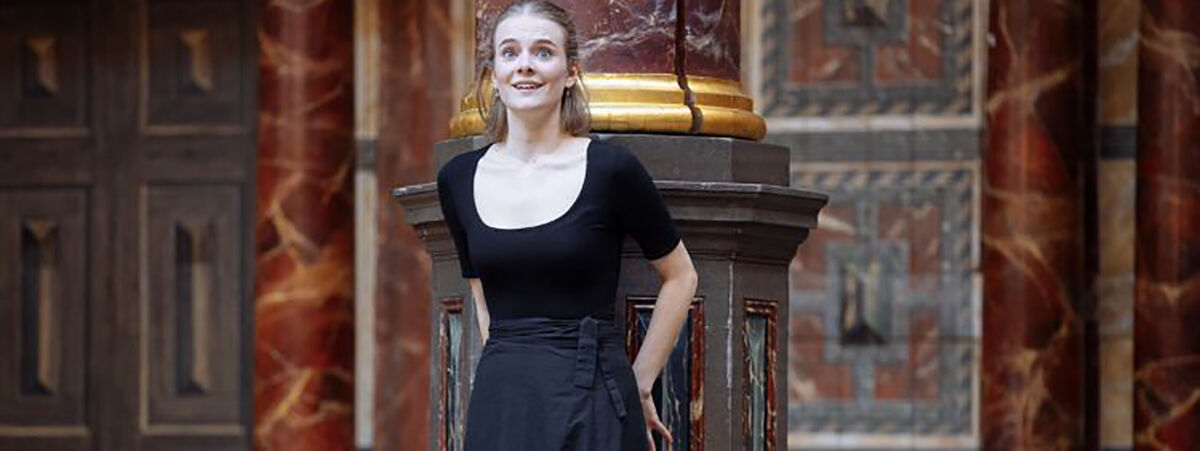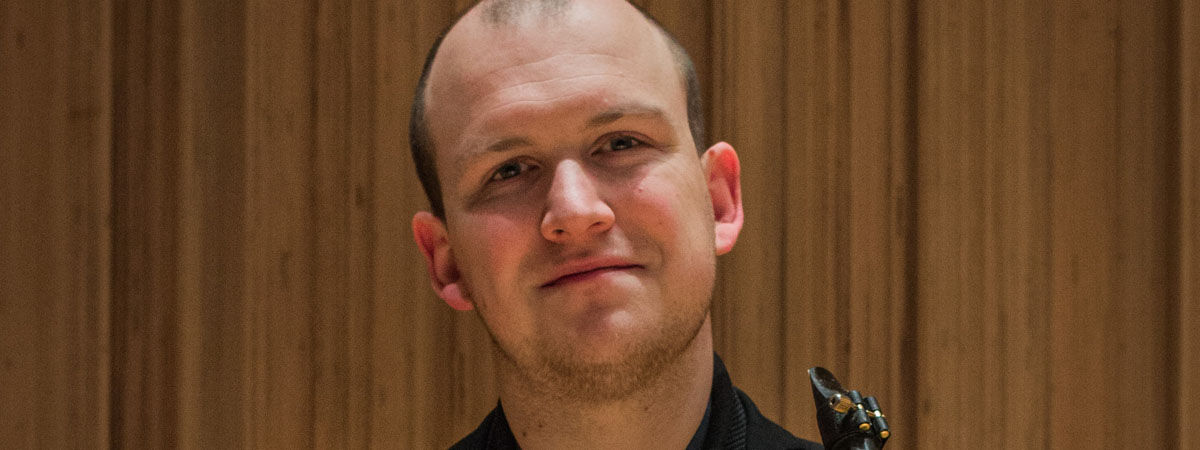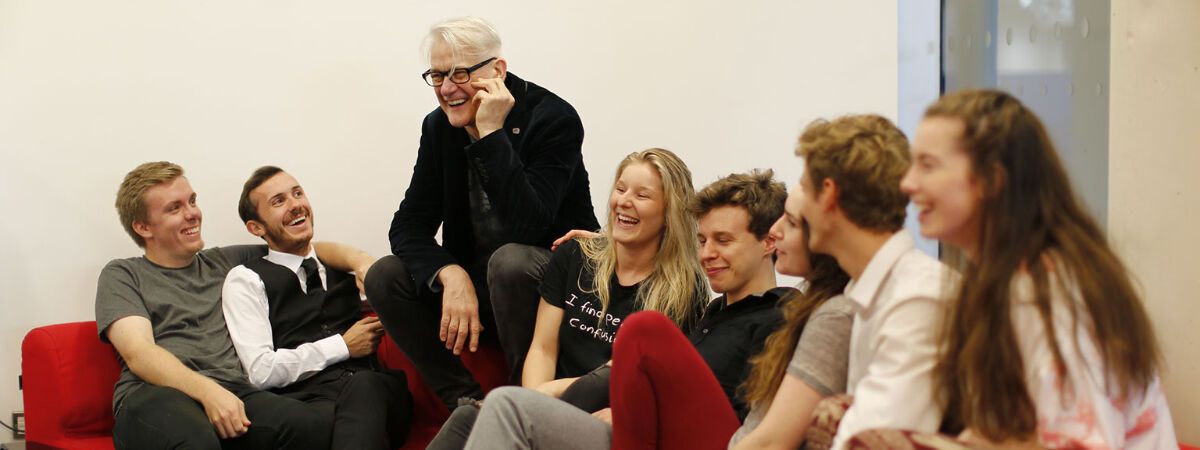Welcome to Series 3 of ‘Passing the Baton’ where members of the Conservatoire community talk to each other about life in the time of Covid-19.
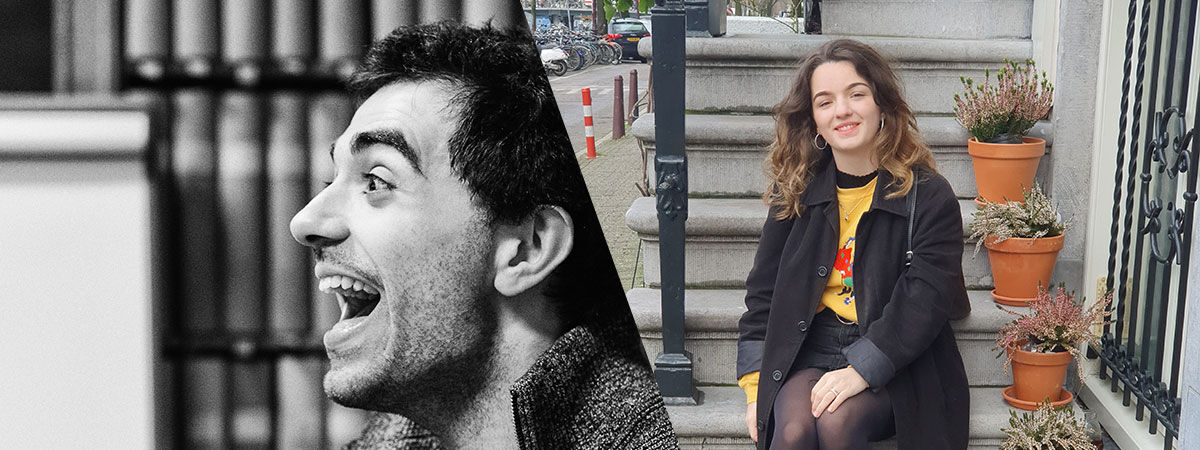
In Episode 2, PhD student, composer Daniel Blanco Albert talks to BMus pianist Gina McDonald.
Daniel Blanco Albert (DBA)
Hi Gina, how is everything going in general? How do you feel coming back to RBC after such a strange summer?
Gina McDonald (GM)
Hi Daniel, things have been great so far this term. Obviously, there was a learning curve regarding online teaching and how to make it work for me, as well as finding ways to motivate myself with there being fewer opportunities for collaboration, but I feel as though I have settled into it all well. I have actually come to really enjoy online teaching so far.
DBA
Can you tell us a bit about your day-to-day outside of practice? Which activities/hobbies outside of music help you disconnect? And can you suggest something interesting to do at home to those who have to self-isolate and are facing the second lockdown?
GM
Of course. I really enjoy being creative; writing, reading, drawing and making things. I’m not particularly good at any of them, but it’s been really therapeutic to find ways to express myself outside of the music world, and more importantly, outside of any pressure to do things the ‘right’ way. As much as I love to achieve excellence, it seems no one talks about doing things we are bad at. We don’t have to be good at things to enjoy them!
During the first lockdown, I learned how to knit, crochet, and began drawing. I am still terrible at them all, but, particularly with writing, it often inspires my creativity, so when I sit back at the piano, things flow even more naturally, as the pressure of perfection feels a lot further away. I would recommend anyone stuck at home to take up something they are really, truly terrible at; life’s too short to be good at everything. I’ve always been passionate about cooking and baking, too, and they have the added benefit of being able to eat whatever you make.
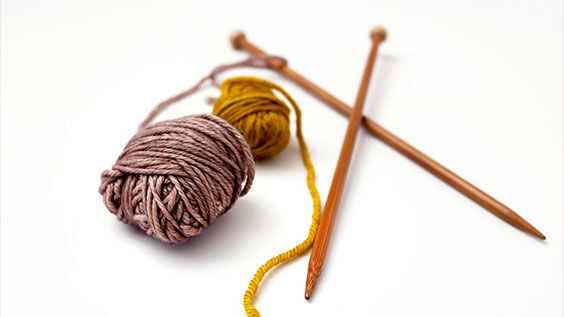
DBA
The world of classical music praises – or even demands – perfection, but also precocity. This results in great pressure for both students and professionals, with challenging consequences on mental health. On top of that, some people seem to have easier paths to a successful musical career depending on many aspects including wealth, family, stability, etc., but also health. Can you explain the challenges you face as a musician building a career with a health condition?
GM
I really resonate with your question. The music and art world pose a lot of challenges for students and professionals, both social and personal issues affecting almost all within the communities. The wealth distribution at conservatoires compared to other universities, even in the same city, is truly shocking. Whilst we should be taking strides to diversify and allow opportunities for everyone to undertake studying at a conservatoire, it seems like an impossible task, considering the current climate of budget cuts and such. Of course, it’s not necessarily the fault of the conservatoire, but goes back to youth education. As so many of us learn from such an early age, we must continue giving opportunities to young people in underprivileged areas and socio-economic situations, and create spaces for them to grow creatively and technically in the same way we all once did.
Health, both mental and physical, is another challenge that prevents many from studying at conservatoires. I was recently diagnosed with fibromyalgia, a chronic condition with no cure that comes with a set of symptoms not particularly fit for the life of a student musician. Not only have I had a long journey in getting diagnosed, but fibromyalgia is a disease that no one really understands yet, so that even after years of searching for a diagnosis, there is the added challenge of finding a treatment that will actually ease the symptoms. For anyone suffering chronic pain, there is always a challenge, but seeing others overcome their struggles, whether physically or mentally, has really inspired me.
The words perfectionism and music should never be seen in the same sentence, yet they are so closely linked. Every musician faces the challenge of always striving for the ‘perfect performance’, but surely it’s the imperfections in each of us that distinguish and make us unique, therefore, it should be the same for our performances. No art can ever be perfect, especially temporal art such as music, but striving for perfection, at least for me, will never be the end goal. I will not even lead a ‘normal’ life, let alone a perfect one. Whilst I may face other difficulties as a musician due to my illness, I try not to think about it too much, and when I do, I try to remember that our differences should empower us, not harm us.
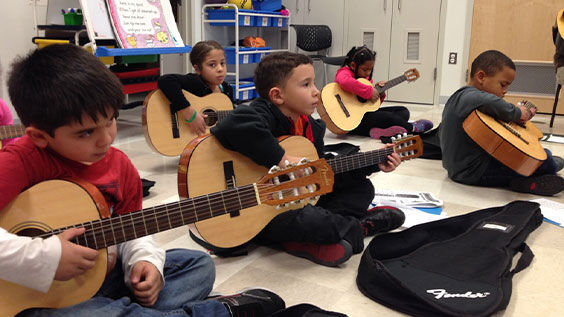
DBA
As a pianist, which repertoire resonates more with you? Do you have any specific composers you have a special connection with because of their lives or the challenges they faced? And, do you compose your own music?
GM
It’s rare that I pick out a ‘happy’ piece of music to play, but rather I tend to lean towards the darker side of the emotional spectrum. I have never considered why I do this. I think find it more natural to reflect on, and, therefore, add my own interpretation to these darker pieces. The most enjoyable thing about music-making, for me, is finding our own experiences, and aligning them with the experiences of the composer, or those that the composer was trying to reflect, and putting it all together and creating a complex range of emotional depth and expression. Some emotional range is out of my experience, for example, like grief over a death of a close loved one. Trying to find some part of us that grieves over something, however, can be such an introspective and reflective exercise, one which adds an extra level of depth to our playing.
Rachmaninov is the first that comes to mind when I think of composers who suffered mental illness, evident in the painful discordance that often features in his piano repertoire. I have enjoyed looking through composers, such as him, who have experienced hardship, and allowing it to affect my interpretation. I have always wanted to compose, but I get stuck in that dreaded cycle of perfectionism. Perhaps I should take my own advice and just be a terrible composer for a little while. I’ve often thought about a series of pieces based on physical illness and how it affects the body and mind.
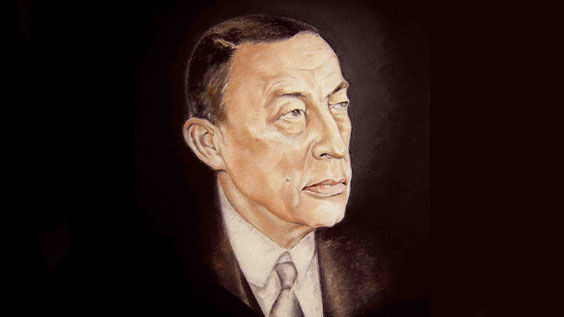
DBA
If this odd year has given us something, maybe it’s an opportunity to reflect, to think about ourselves and about our society. Are there any thoughts you would like to share with us?
GM
I think that the most important thing is that we all should remember our privilege once in a while. In every aspect, each of us has privilege, whether it be our gender, race, class, education or even something as simple as the device we are using to view this on. It can be exhausting to think about every aspect of our life and how we could balance out the playing field, but by remembering that each of us has a unique, flawed experience, it becomes a lot easier to be kind, patient, and generous – things the world could always use a little more of…
DBA
Please give us a glimpse of the future projects you are organising or are going to be involved in. Any exciting things we should expect soon?
GM
With such limited opportunities, we all seem to be waiting in the wings for new things to come. For me, I am working on recording a collection of pieces ‘Children’s Corner’ by Debussy, which should appear on SoundCloud and even YouTube if I can manage the technology. It’s such a beautiful little collection, with some really interesting character of youth and childhood. I am also travelling to Sweden in January, and will be spending a term learning there, for which I really can’t wait for. Other than this, I am trying to take things as they come, hoping something exciting will be coming my way soon.
Next episode: Gina talks to Lise Olson, Course Director - MA/PgDip Acting.

